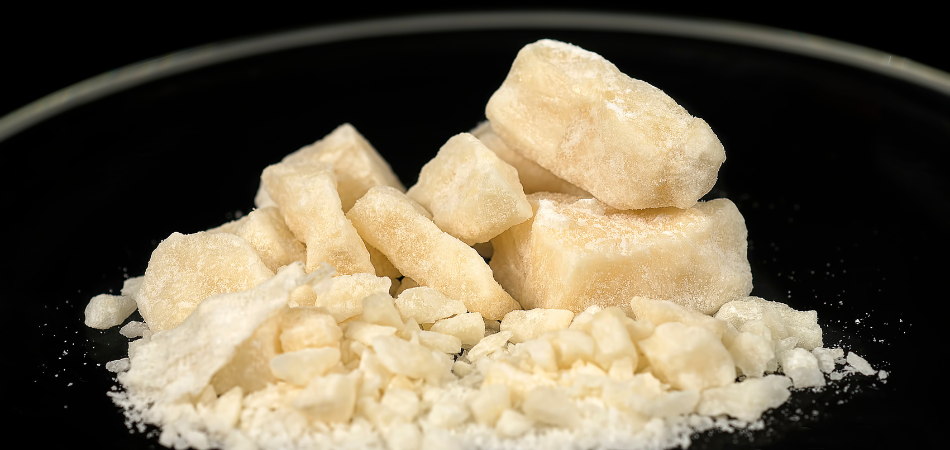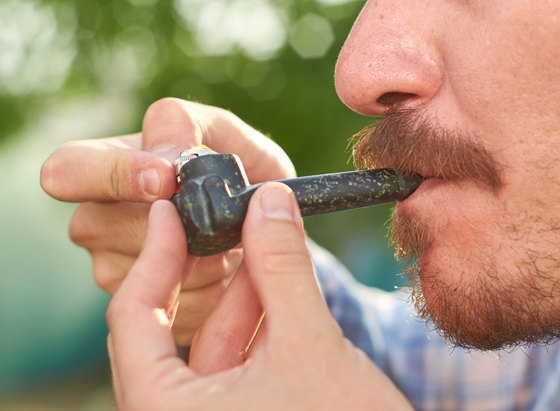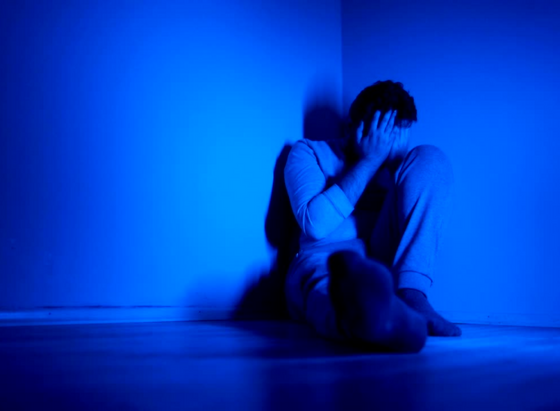Crack cocaine addiction

Written by:

Medically Reviewed by:
Last Updated:
April 10th, 2025
Crack cocaine addiction is a mental illness that forces people to repeatedly crave hits of crack cocaine by any means possible, regardless of the ramifications to their health and wellbeing. Crack cocaine can make a person unrecognisable to those who may have known them prior to their drug addiction. Fortunately, people can break free from this cycle by attending crack cocaine rehab. This involves undergoing crack cocaine detox in a supportive environment, while addressing the reasons that led to your addiction. If you’re concerned that you or someone you love has an addiction to crack cocaine, read on to know the crucial signs, the common causes, and what action to take.

What is crack cocaine?
Crack cocaine is one of the most dangerous and highly addictive substances in the world. It is a mixture of a concentrated, high-strength compound of cocaine, bicarbonate of soda and water that forms a rock-like shape. It is smoked to achieve short but intense feelings of euphoria.
Crack cocaine has an overwhelming impact on your personality. It causes obsessive behaviour and a host of physical and psychological symptoms.
How is crack cocaine consumed?
Crack cocaine is usually smoked through a glass pipe. A piece of mesh is placed over the end of the pipe, and a ‘rock’ of crack cocaine is placed on top and heated with a lighter. These fumes are inhaled to absorb the drug quickly into the bloodstream, which immediately causes an influx of dopamine causing ‘highs’ that last from five to fifteen minutes. Once these euphoric feelings are over, the user quickly experiences a comedown, eventually leading to a cycle of intense cravings that puts the user at serious risk of addiction.

Signs and symptoms of crack cocaine addiction
If you think you or someone you love may be addicted to crack cocaine, look at the list of physical and psychological symptoms below. If any resonate with you, it may indicate a crack cocaine addiction.
Physical symptoms…
- Increased breathing rate
- Shaking
- Respiratory problems
- Twitching
- Dilated pupils
- Cracked lips
- Hypotension
- Burns on fingers
- Formication: Itching or the sensation of crawling skin
- Forced speech: speech is usually faster than normal and pressurised
- Presence of coke cans, glass pipes or other smoking paraphernalia
- Loss of appetite or weight loss
- Cravings
Psychological Symptoms…
- Aggression
- Restlessness
- Irresponsibility
- Anxiety
- Paranoia
- Preoccupation with getting high
- Hyperexcitability
- Euphoria
What causes crack cocaine addiction?
It is known that most people suffering from crack cocaine addiction have experienced either past or recent trauma such as, grief, divorce or extreme financial difficulty. Feelings of isolation and stress can cause people to turn to crack cocaine to temporarily escape from their problems and dilute any emotional pain. This can lead to a crack cocaine addiction because a person is dependent on the drug just to get through each day.
However, a mixture of environmental and genetic factors may play a part in a person becoming addicted.
Genetic factors
Genetics plays a big role when it comes to addiction. These genes influence parts of your personality, such as how impulsive you are and how likely you are to pursue sensation-seeking behaviour. Therefore, if a person is more genetically inclined to try crack cocaine, they are at a very high risk of becoming addicted to crack.
Repeat exposure
If a person tried crack cocaine recreationally with others who use the drug, there is a chance that repeat exposure to the drug can result in a crack cocaine addiction. This is because crack cocaine produces such an intense euphoric effect that people find they become physically dependent on it in a short space of time.
After continued use, the brain builds a tolerance to crack, making the reward chemical less available which causes a person to continue taking crack cocaine, in order to achieve the same euphoric feeling they originally experienced.

What to do if you’re struggling with a crack cocaine addiction
People find they’re struggling with a crack cocaine addiction after prolonged use, and as a result, they find it difficult to find pleasure in anything they do. The good news is that this is reversible. Admitting that you might have a problem and seeking help is the first step on your road to recovery. Despite how you may feel right now, it’s important to know that learning to live a fulfilling life without crack cocaine is possible.
The first thing to do is to admit that you need support and reach out for help. Only once you commit to getting well and find solace in the recovery community can you can begin to heal.
Overcoming crack cocaine addiction at Sanctuary Lodge
At Sanctuary Lodge, we provide a safe, comfortable space for you to recover with a team of addiction specialists that are always on hand to offer guidance and support, twenty-four hours a day.
We understand every person is different and requires a unique mixture of therapies that consider their specific circumstances. The most effective form of overcoming crack cocaine addiction is to attend our crack cocaine treatment clinic, where clients will receive holistic care towards recovery.
We also provide one year’s free aftercare alongside our unique alumni programme which will give you access to all our support networks to help you avoid relapse. If you want to know any more about Sanctuary Lodge or how we can help you overcome crack cocaine addiction, please contact us today.



